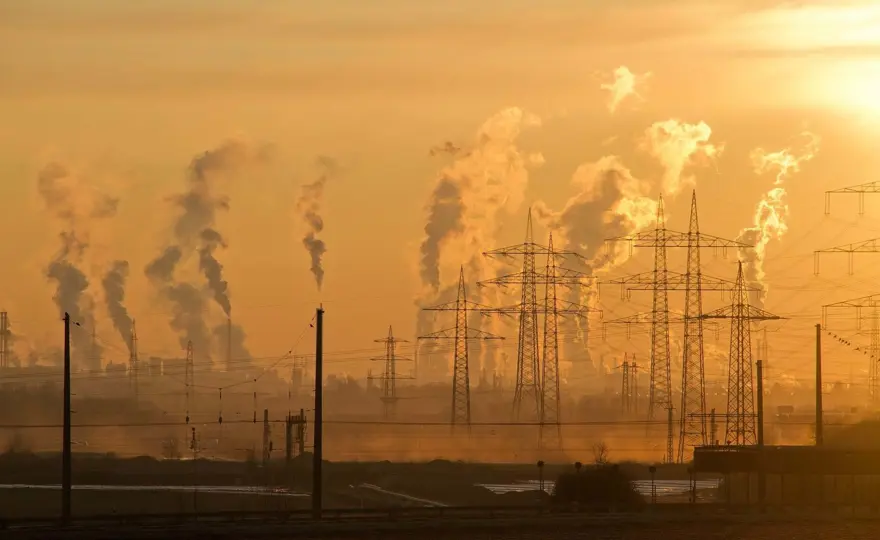ClientEarth Communications
7th July 2022


On June 28, the EU-China Environment Project hosted an EU-China Workshop on Integrating Climate Goals into Socio-economic Development Goals. The workshop focused on the European Green Deal and China's "dual carbon" goals (to peak carbon emissions before 2030 and reach carbon neutrality before 2060), and how climate goals can be integrated into social and economic policies. It also heard about the EU’s Effort Sharing Regulation which balances responsibilities between Member States, and explored whether any lessons can be learned for China’s inter-provincial effort sharing.
The event, held online, featured over 30 attendees including representatives from the MEE, the European Union Delegation to China, the Chinese Academy of Social Sciences, Tsinghua University, the French Embassy, the German International Cooperation Agency, E3G and the European Federation for Transport and Environment.
The workshop was moderated by Dimitri DeBoer, ClientEarth’s chief representative in China, and Li Liping, director of the department of synergising pollution and emissions reduction in the Policy Research Center for Environment and Economy (PRCEE), affiliated with the MEE. Hu Yong, deputy director general of the PRCEE, and Octavian Stamate, Counsellor for Energy and Climate Action of the EU Delegation to China, provided opening remarks.
During the workshop’s first session Li Liping from the PRCEE, and Zhuang Guiyang from the Chinese Academy of Social Sciences, spoke about how China’s decarbonisation goals can be integrated into the concept of “ecological civilisation”, a central axiom of Chinese government policy in recent years. They were joined by Taube Van Melkebeke, from E3G, who spoke about how institutional stakeholders can agree on integrated policies and ensure policy resilience.
During the second session Francois Lamal from the French Embassy and Kristian Wilkening from Germany’s GIZ gave a member-state perspective on the EU’s “Fit for 55 Package”, a set of initiatives that have the goal of cutting the EU’s net greenhouse gas emissions by at least 55% by 2030. Chiara Corradi, from the European Federation for Transport and Environment, presented the EU’s national effort-sharing methodology, while Prof. Yang Xiu, from Tsinghua University, spoke about recent trends in China’s carbon control policies.
Finally, a free discussion took place between the participants on the similarities and differences between the EU and Chinese systems for integrating economic and environmental policies, and on possible further steps for cooperation. Hu Yong and Octavian Stamate then gave the closing remarks.
The EU–China Environment Project, established in 2018 and funded by the EU, is implemented by ClientEarth, alongside GOPA and the Policy Research Centre for Environment and Economy of the MEE. The overall objective of the project is to reinforce EU-China cooperation on the environment, support the ministerial level EU-China environmental policy dialogue, and help to achieve higher environmental protection standards, more convergence between the EU and China on environmental governance and greater integration of the environment into other areas of government decision making.